Walker-Thompson Legal Fellowship
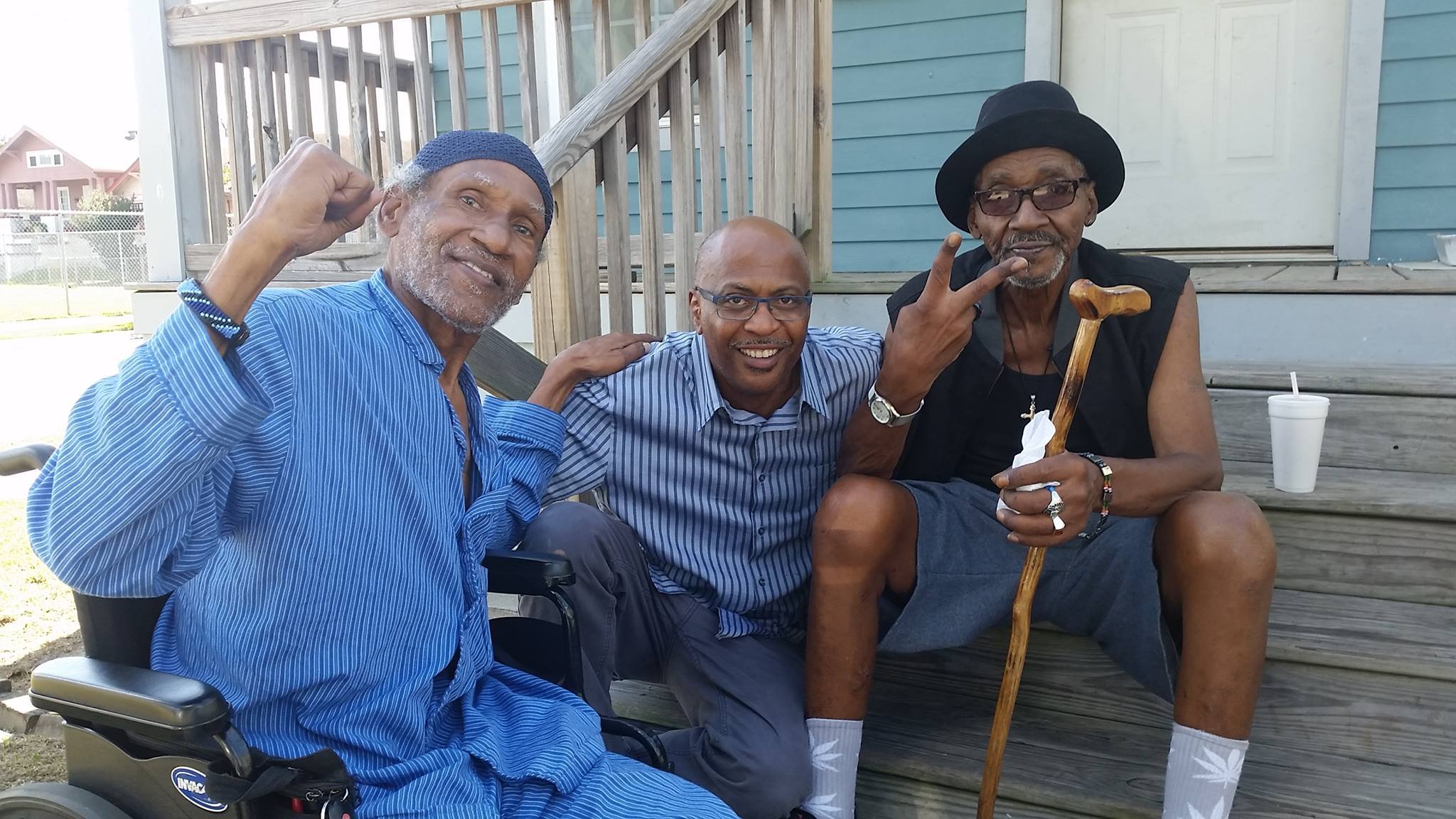

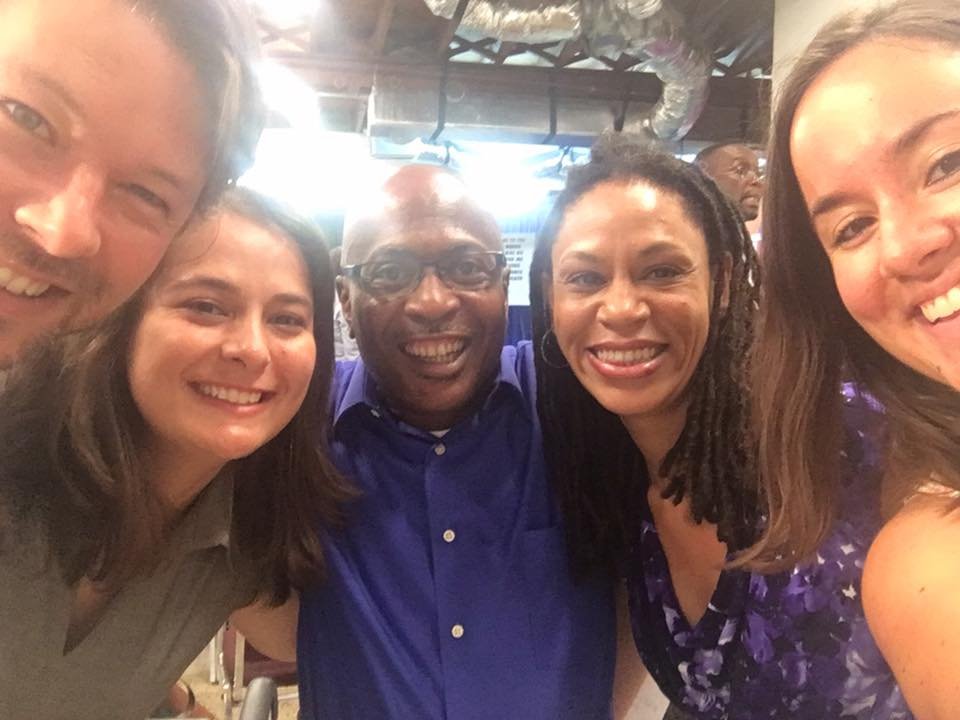
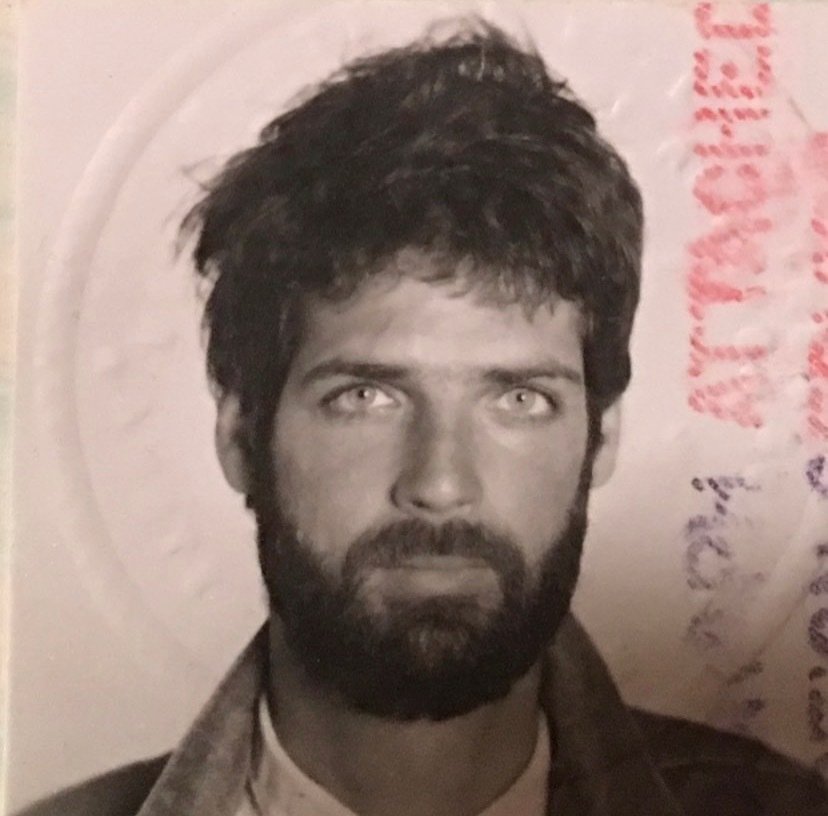
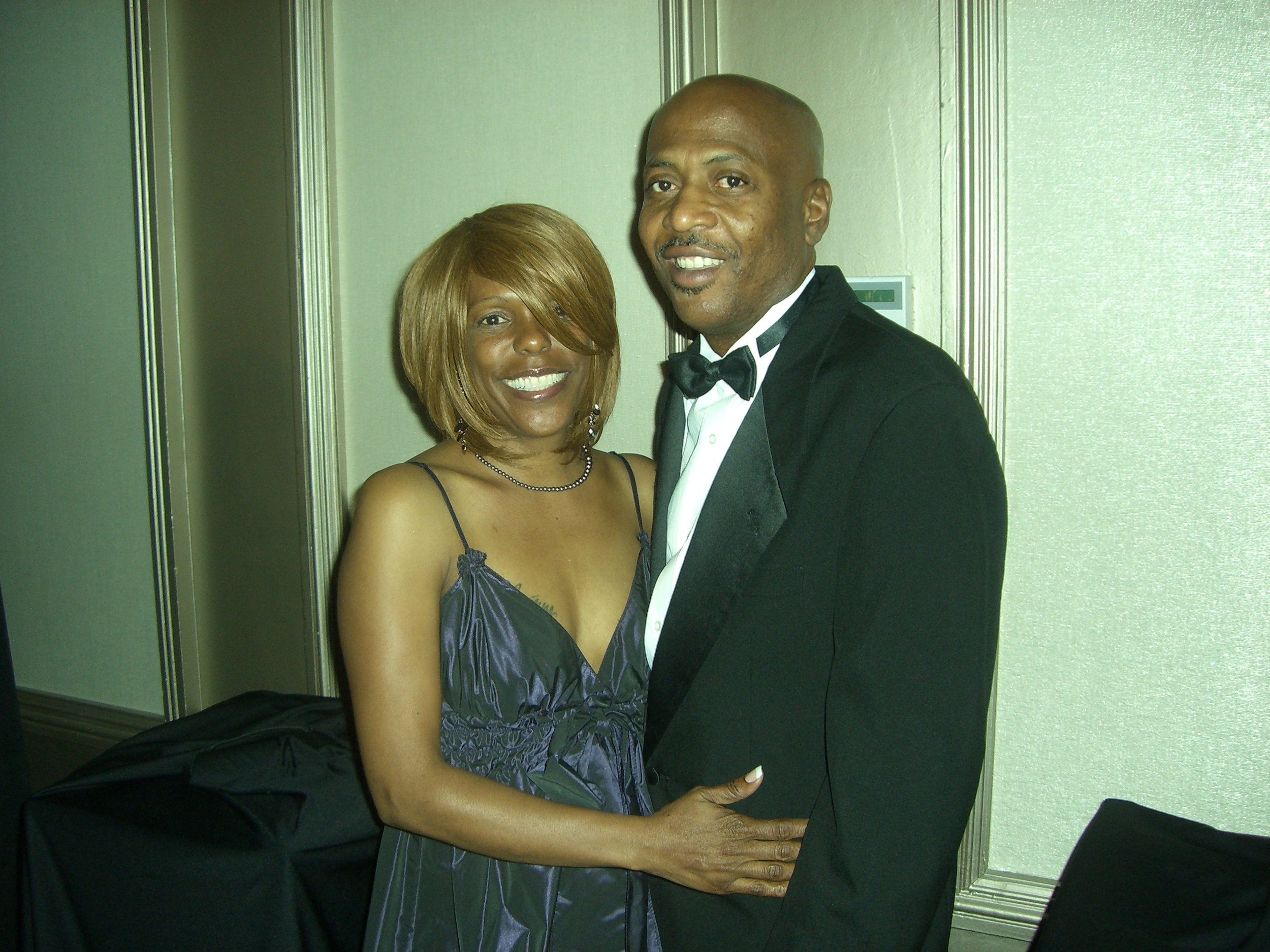
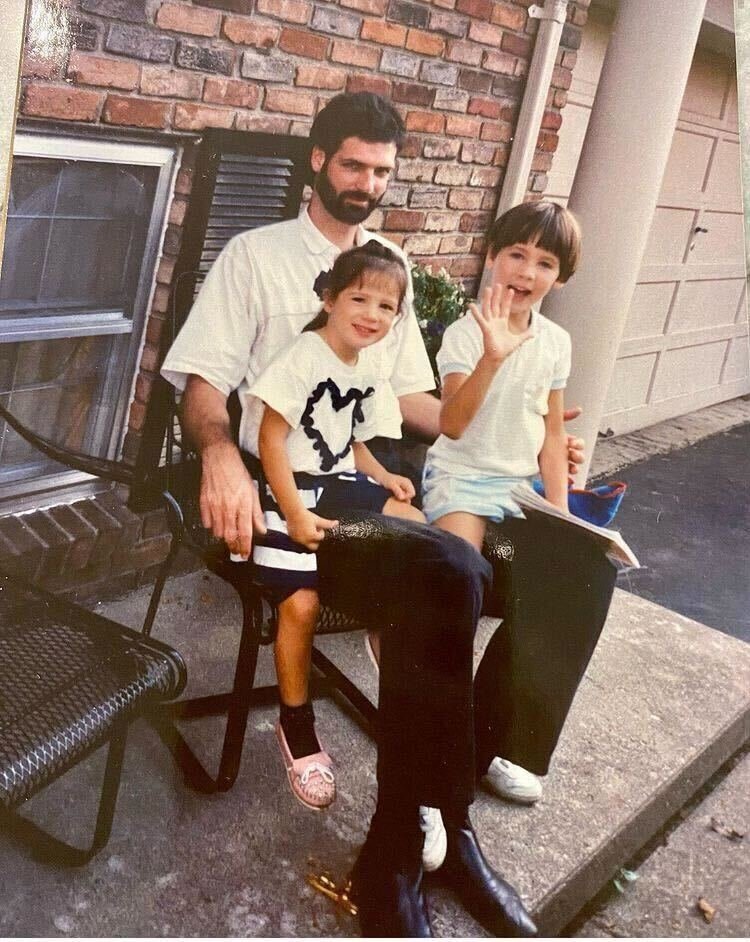
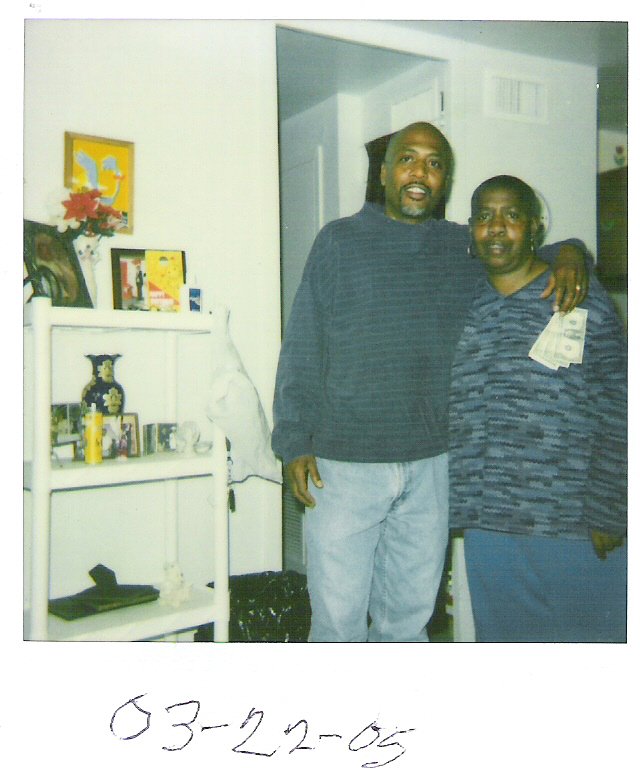
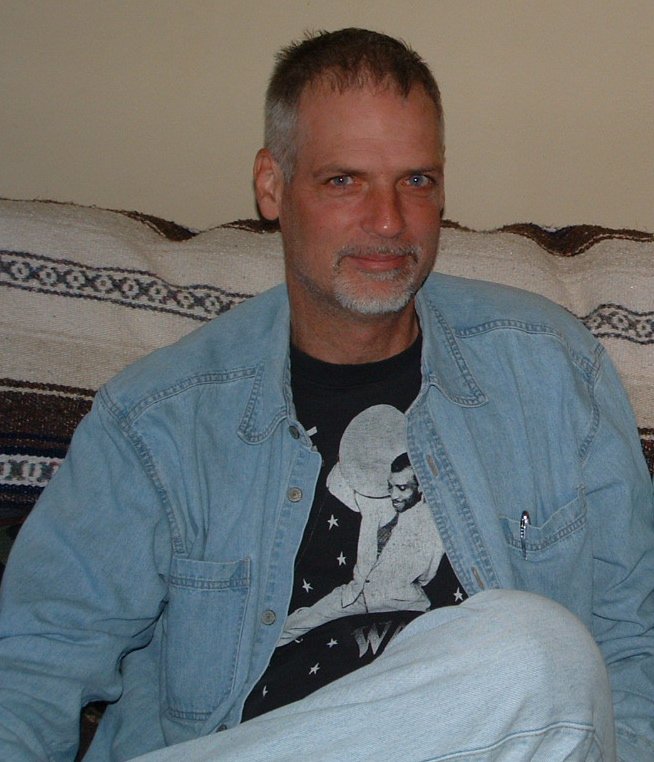
The Walker-Thompson Fellowship is dedicated in honor of Neal Walker and John Thompson, two advocates whose work has had a lasting impact on Louisiana’s criminal justice reform system.
John Thompson
John Thompson was a death row exoneree who was wrongly incarcerated for 18 years, including 14 years spent on death row at Louisiana State Penitentiary. After his release, JT worked closely with other exonerees and others in the criminal justice reform community. At the center of his work was Resurrection After Exoneration (RAE), a space in New Orleans created to serve those most hurt by the injustice of the criminal legal system.
Neal Walker
Neal Walker was a capital defense attorney who advocated for people sentenced to death in Louisiana. In 1991, Neal moved to New Orleans with the purpose of halting executions in the state. He began his career at the Louisiana Capital Assistance Center, and later founded the Capital Appeals Project. Neal was able to represent dozens of indigent clients on death row throughout his career.
The Walker-Thompson Legal Fellow will be dedicated to transforming the criminal justice system and carrying on the legacy of Walker’s and JT’s work.
Apply to be a Walker-Thompson Legal Fellow
We are seeking a candidate with interest in exploring civil, strategic criminal litigation, and policy work. This unique fellowship gives a wide variety of experiences for a fellow to try the various ways to advocate for change in the criminal system. The fellow should expect to gain experience conducting investigations, discovery, and working with experts, in addition to significant time visiting people in prisons. Fellowships will vary depending on the work within in the office but will involve drafting, research, oral advocacy, and client counseling. While this is a one-year fellowship, there may be an option to extend for a second year.
Applicants should be:
Able to demonstrate that the applicant has a law degree, or will obtain one from an accredited law school before the month of June
Barred in Louisiana or able to sit able to sit for the Louisiana bar examination in the summer following graduation
Client-centered: we serve a community of folks who are incarcerated throughout Louisiana as well as their networks and families;
Flexible: our office is scrappy, and team members are often called upon to do unique and changing work vital to being a part of this community;
Diligent: we strive to create work that is exceptional, whether for its speed, quality or creativity—but in the best circumstances all three;
Anti-racist promoter of diverse voices: we are committed to being an inclusive voice that uplifts many perspectives; employees in this office should demonstrate a commitment to do the same;
Direct and thoughtful communicators: communication is essential—as an office we believe straightforward and thoughtful communication leads to good results. Gossip and mean-spirited or passive-aggressive communication are not tolerated;
Positive and solutions-based: when we identify problems, we also try to identify solution— be they short or long-term. We’re constantly looking for ways to improve and not simply bemoan or commiserate.
John Thompson’s (JT) Legacy
JT was a force of nature whose compassion and love transformed everyone he met. He created space for those most hurt by the injustice of the criminal legal system by advocating for: Ending the barbaric death penalty; Holding unethical prosecutors accountable; Fairly compensating exonerees; and Expanding educational and economic resources for poor communities. He built Resurrection After Exoneration (RAE) to fulfill this vision.
At the center of RAE was the vibrant 1212 St Bernard Ave. building, which became the heart of his work. The building is being transformed into a living legacy to his vision and passion. The John Thompson Legacy Center (JTLC) brings together those who loved RAE under the leadership of John Thompson’s widow, Laverne Thompson to create a space to support those most impacted by the criminal legal system and help them to thrive.
More about JT:
JT was born on September 6, 1962 in and raised in New Orleans, Louisiana. Before JT’s incarceration he worked on Mardi Gras floats and helped prepare riders for parades.
JT was wrongly incarcerated for 18 years at Angola, including 14 years on Death Row, before he was exonerated of all charges in 2003. After his incarceration, he was active in the criminal justice reform space and a fierce advocate for exonerees and others impacted by the justice system.
JT’s memory lives on through his family, friends, community, and the work of RAE 2.0 and the John Thompson Legacy Center.
Neal Walker’s Legacy
Neal Walker woke up before dawn every morning, donned his signature black jeans and cowboy boots, and went to fight for his indigent clients. Determined to slow the rapid pace of executions in Louisiana, he moved to New Orleans in 1991 and joined what became the Louisiana Capital Assistance Center. Neal later founded The Capital Appeals Project to provide zealous appellate advocacy for indigent people sentenced to death.
Neal's legal career took him across the entire state. From the neighborhoods of New Orleans to courtrooms in Shreveport and Lake Charles, Neal investigated, litigated, and above all, connected deeply with his clients. He appeared in front of the highest court in the country, arguing Sawyer v. Whitley at the United States Supreme Court in 1992.
Neal's love for his clients was always his North Star. After Hurricane Katrina scattered thousands of human beings across the state, forcing many into horrific conditions for weeks at a time without any record of their location, Neal and many other colleagues spent weeks driving across the State, often living without power or water, committed to bringing home the forgotten prisoners. Neal left no stone unturned on behalf of those who depended upon him.
Neal was larger than life, physically and metaphorically. Born in Russell, KY, he grew up with his front yard on the bank of the Ohio River. He was nearly seven feet tall, and he was an avid basketball player and long distance cyclist. When a car slammed into his bike in the mid 90s, doctors told Neal he would probably never walk again and would certainly never ride a bike. Neal simply refused to believe them. He spent years in physical therapy and ultimately recovered, and along the way, learned to play the harmonica well enough to make the occasional guest appearance in local music venues.
Neal's legacy lives on through the work of his former colleagues in the capital defense community, and through the many people he loved and influenced in New Orleans, Kentucky, and beyond.
Apply to be a Walker Thompson Fellow
“Neal and John exemplify the creativity, love of life and tenacity we want our fellows to embody throughout their careers. We are so honored that their loved ones agreed to lend their legacy to our work.”





